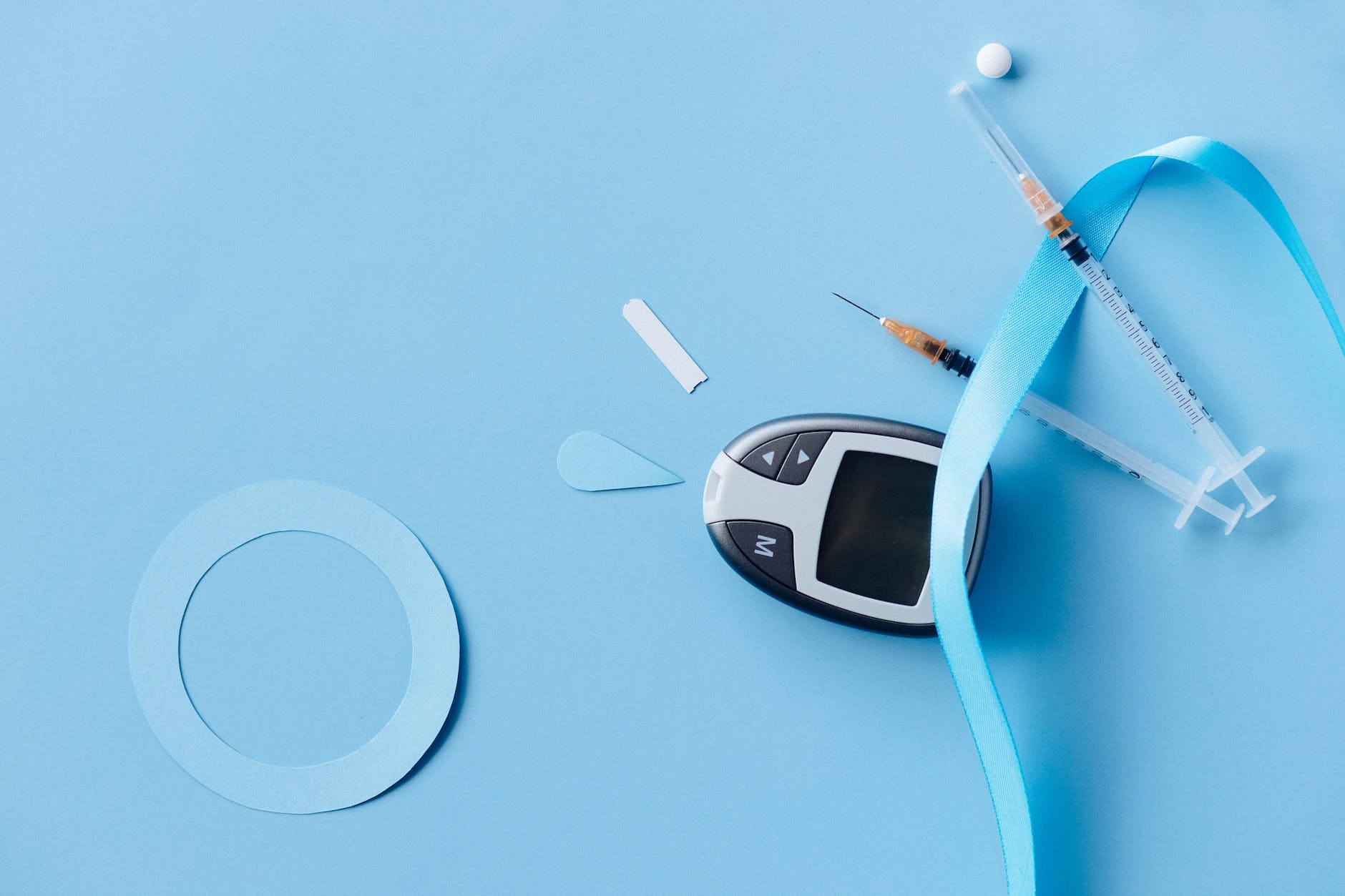Insulin Resistance: A Roadblock to Diabetes Management


Insulin Resistance: A Roadblock to Diabetes Management
Introduction:
Insulin resistance is a condition that significantly affects the management of diabetes. It is a metabolic disorder characterized by the body's reduced response to insulin, a hormone produced by the pancreas that regulates blood sugar levels. Insulin resistance poses a significant roadblock to effective diabetes management and can lead to various health complications if not properly addressed. In this article, Insulin Resistance: A Roadblock to Diabetes Management, we will explore the causes, symptoms, and potential solutions for managing insulin resistance in the context of diabetes. https://diabetescure4u.com/
Causes of Insulin Resistance:
Several factors contribute to the development of insulin resistance. The most common cause is obesity or excess body weight, particularly abdominal fat. Adipose tissue releases pro-inflammatory substances that interfere with insulin signaling, leading to reduced insulin sensitivity. Physical inactivity and a sedentary lifestyle also contribute to insulin resistance, as exercise promotes insulin sensitivity.
Genetic and hereditary factors also play a role in insulin resistance. Some individuals have a genetic predisposition to reduced insulin sensitivity, making them more susceptible to developing insulin resistance and type 2 diabetes. Additionally, certain ethnic groups, such as African Americans, Hispanics, and Native Americans, have a higher prevalence of insulin resistance.
Poor dietary habits, such as consuming a high-calorie, high-sugar diet, can contribute to insulin resistance. When the diet consists of excessive refined carbohydrates and sugary beverages, the body experiences frequent spikes in blood sugar levels, causing the pancreas to release more insulin. Over time, this constant demand for insulin can lead to decreased insulin sensitivity.
Symptoms of Insulin Resistance:
Insulin resistance often develops gradually and may not exhibit noticeable symptoms in its early stages. However, as the condition progresses, individuals may experience the following symptoms:
- Increased hunger: Insulin resistance can disrupt the body's ability to regulate appetite, leading to frequent hunger pangs and overeating.
- Weight gain: Due to the impaired regulation of blood sugar levels, excess glucose in the bloodstream is converted into fat, leading to weight gain, especially in the abdominal area.
- Fatigue: Insulin resistance interferes with the body's ability to effectively utilize glucose for energy, resulting in persistent fatigue and low energy levels.
- High blood pressure: Insulin resistance often coexists with other metabolic abnormalities, such as hypertension (high blood pressure), increasing the risk of cardiovascular diseases.
- Darkened skin patches: Some individuals with insulin resistance may develop acanthosis nigricans, characterized by darkened and thickened patches of skin, typically in the neck, armpits, and groin.
- Polycystic ovary syndrome (PCOS): In women, insulin resistance can contribute to the development of PCOS, a hormonal disorder characterized by irregular menstrual cycles, excess hair growth, and fertility issues.
Managing Insulin Resistance for Diabetes Management:
- Lifestyle Modifications:
a. Regular exercise: Engaging in physical activity improves insulin sensitivity, promotes weight loss, and helps manage blood sugar levels. Aim for at least 150 minutes of moderate-intensity aerobic exercise per week, along with strength training exercises.
b. Healthy diet: Adopt a balanced diet rich in whole grains, lean proteins, fruits, vegetables, and healthy fats. Limit the consumption of processed foods, sugary beverages, and high-calorie snacks. Choose foods with a low glycemic index to prevent rapid spikes in blood sugar levels.
c. Weight management: Losing excess weight, particularly abdominal fat, can significantly improve insulin sensitivity. Set realistic weight loss goals and seek guidance from a healthcare professional or registered dietitian to develop a personalized weight management plan.
- Medications:
In some cases, lifestyle modifications alone may not be sufficient to manage insulin resistance. Healthcare professionals may prescribe certain medications to enhance insulin sensitivity or regulate blood sugar levels:
a. Metformin: This oral medication is commonly prescribed for individuals with insulin resistance and type 2 diabetes. It reduces liver glucose production and improves insulin sensitivity.
b. Thiazolidinediones: These medications help enhance insulin sensitivity by activating specific receptors in fat cells and muscle tissues. They are usually prescribed for individuals who do not tolerate or respond well to metformin.
- Diabetes Education and Support:
Proper education about diabetes and insulin resistance is crucial for effective management. Diabetes education programs can provide individuals with the knowledge and skills needed to make informed decisions about their lifestyle, diet, and medication management. Additionally, support groups or counseling can offer emotional support and motivation throughout the diabetes management journey.
Conclusion:
Insulin resistance is a significant roadblock to diabetes management. It impairs the body's ability to utilize insulin effectively, leading to high blood sugar levels and increasing the risk of diabetes-related complications. However, with lifestyle modifications, appropriate medication, and proper education, individuals can successfully manage insulin resistance and improve their overall health. By adopting a healthy diet, engaging in regular exercise, maintaining a healthy weight, and seeking guidance from healthcare professionals, individuals can overcome the challenges posed by insulin resistance and enhance their diabetes management strategies.
- The Link Between Diabetes and Heart Disease: Prevention and Treatment
- Hi9 Pregnancy diabetes type 1 and type 2 ? | Dr. Lakshmi Lavanya Alapati | Endocrinologist
- Diabetes signs and symptoms
- National Institute for Health and Care Excellence (NICE) Guidelines for Diabetes Management: A Comprehensive Approach
- Harnessing Stem Cells for Diabetes Treatment: Exploring New Frontiers


